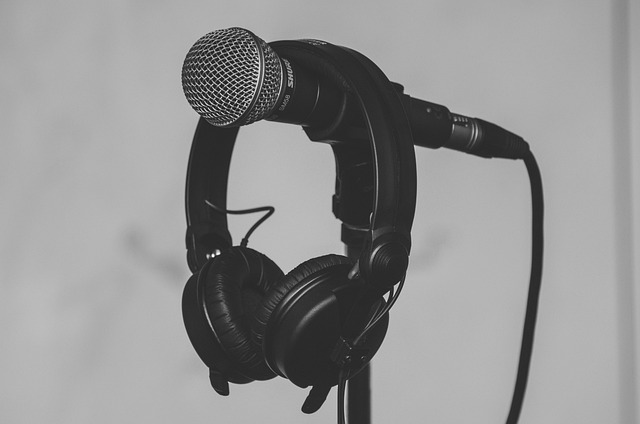In the world of audio recording, the concept of responsibility goes beyond just pressing a record button. It involves an intricate dance between the artist, the technician, and the listener. Each participant plays a crucial role, and understanding the weight of that responsibility can profoundly impact the quality of the final product.
When artists step into the studio, they carry not only their creative visions but also the expectations of their audience. They embrace the responsibility to convey authentic emotions and tell compelling stories through their music. This sense of responsibility ignites the creative process, inspiring musicians to dig deep into their experiences, crafting lyrics and melodies that resonate with listeners in meaningful ways.
On the flip side, sound engineers and producers also shoulder significant responsibility. They are tasked with capturing the essence of a performance while ensuring that every note and nuance is perfectly positioned in the mix. Their technical skills and meticulous attention to detail can elevate an artist’s vision, but they must navigate potential pitfalls – from technical glitches to conflicting creative ideas. This balancing act requires not just expertise but a deep commitment to the artist’s goals.
Listeners, too, play a role in this dynamic. Their responsibility lies in feedback: how they interpret, share, and react to the music. They form the bridge between the creators and the wider world, influencing the trajectory of an artist’s career. When they express their thoughts, be it praise or critique, they contribute to a conversation that shapes the music landscape. This interaction can be motivating or disheartening for artists, highlighting the shared responsibility within this ecosystem.
However, with great responsibility comes the need for a supportive environment. Studios that foster collaboration and open communication often lead to the most impactful recordings. Trust plays a pivotal role in these relationships; artists must feel secure in sharing their vulnerabilities, while engineers need the freedom to experiment with sound. When everyone involved feels empowered to take ownership of their contributions, the result is a compelling audio journey.
Moreover, taking responsibility extends beyond the studio sessions. In an age where music is readily accessible, accountability regarding artistic integrity and copyright is paramount. Musicians must navigate the complexities of the industry, ensuring that their work is respected while also embracing new technologies and methods of distribution. This aspect of responsibility helps maintain the credibility of the art form while allowing it to evolve with the times.
Ultimately, the impact of responsibility in audio recording is far-reaching. It shapes the music we listen to and influences how it affects our lives. By recognizing and embracing the responsibilities involved in sound creation and production, artists, engineers, and listeners can contribute to a richer, more dynamic musical experience that resonates deeply within the heart and soul.




